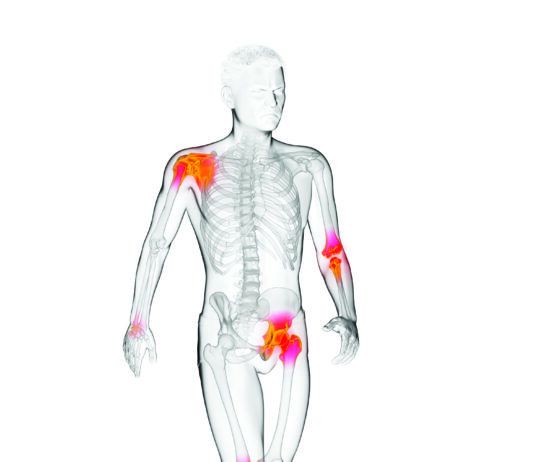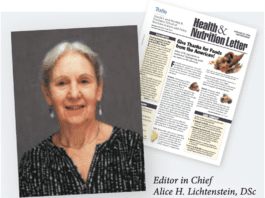Links Between Saturated Fat, Blood Cholesterol & Heart Disease Prove Complex
Anew meta-analysis suggests that the connections between saturated fat intake, blood cholesterol and heart disease may be more complicated than scientists have thought. Previous studies have demonstrated that saturated fat can raise blood levels of the bad LDL cholesterol, and high LDL is a known risk factor for heart disease and stroke. So it seems logical that saturated fat consumption would likewise be linked to heart disease. But the review of 21 studies totaling 347,747 people failed to find a significant association between saturated fat intake and risk of coronary heart disease (CHD), stroke or cardiovascular disease (CVD).
Extra Calories Counted in Restaurant and Packaged Foods
Can you trust the calorie counts on chain-restaurant menus and frozen supermarket meals? Tufts research - ers tested 29 restaurant dishes and 10 frozen dinners-all supposed to be among the lower-calorie choices at Boston-area eateries and groceries-and found the numbers often varied widely from reality. The restaurant selections averaged 18% more calories than claimed, while the frozen alternatives to eating out averaged 8% extra calories.
Vitamin D Linked to Lower Colorectal Cancer Risk
The largest study of its kind to date may tip the scales on the controversial question of whether higher vitamin D levels are associated with reduced risk for colorectal cancer. Researchers drawing on data on more than a half-million participants in the European Prospec - tive Investigation into Cancer (EPIC) study concluded that people with the highest blood levels of vitamin D were up to 40% less likely to develop colo - rectal cancer compared to those with the lowest levels.
Nutritious Asparagus Can Put a Spring in Your Step
The quintessential vegetable of spring, asparagus has been credited in folklore with curing everything from toothaches to infertility. In more recent Internet lore, asparagus has been touted as a remedy for hangovers and a cure for cancer.
7 Keys to Ideal Heart Health
The American Heart Association has identified seven health and lifestyle factors key to what one expert called the fountain of youth for your heart. Citing the importance of prevention for the long term, the AHA for the first time is making better heart health a goal in itself. By 2020, it aims to improve the cardiovascular health of all Americans by 20% while reducing deaths from cardiovascular diseases and stroke by 20%.
High-Glycemic Carbohydrates Linked to Womens Heart Risk
When it comes to womens heart health, all carbohydrates are not created equal: Consuming too many carbs that quickly boost blood sugar may raise womens risk of heart disease, according to a new Italian study.
People with High Selenium Also High in Cholesterol
If youre taking selenium supplements in hopes of benefiting from the minerals antioxidant properties and promise of cancer protection, a new study may cause you to rethink. In an analysis of data from a British national nutrition survey, people with the highest selenium levels also had higher levels of unhealthy cholesterol.
Reducing Salt May Also Boost Bones
Cutting back on salt to fight high blood pressure may have a happy side effect: reducing calcium loss, thereby benefiting bone health and helping ward off osteoporosis. A new Australian study of 92 women, ages 45 to 75, with pre- or stage-1 hypertension found that those who reduced dietary sodium intake also reduced urinary calcium excretion.
Coffee Could Cut Womens Cancer Risk
Alarge new study in Sweden reports that women who drink at least two cups of regular coffee daily are less likely to develop endometrial cancer, which affects the cells lining the uterus. Emilie Friberg, PhD, of the Karolinska Institute and colleagues surveyed 60,634 women in the Swedish Mammo - graphy Cohort study about their coffee intake.
Coffee and Tea Drinkers at Lower Risk of Diabetes
Go ahead, have another cup of coffee. While satisfying your java jones, you could also be reducing your risk for diabetes. An analysis of 18 previously published studies totaling 457,932 participants found that drinking three or four cups of regular coffee per day was associated with about a 25% lower risk of developing diabetes, compared to drinking two cups or less. Each additional cup of coffee consumed in a day was associated with a 7% reduction in the excess risk of diabetes.




























